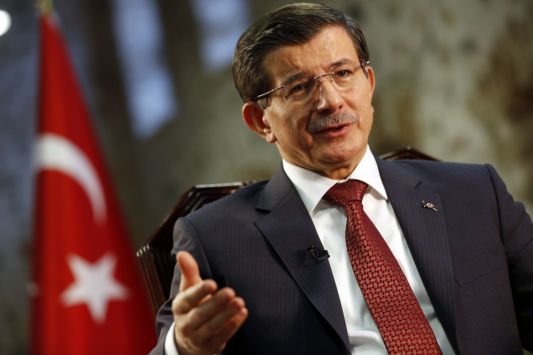Foreigners continue to cross Turkey to ISIS despite new measures

Despite efforts from the Turkish government, foreigners continue to cross the border to Syria on their way to fight for the Islamic State.
The Assyrian International News Agency (AINA) interviewed a Turkish smuggler of goods into Syria who also works for the Islamic State to ferry new recruits across the border. According to the smuggler, who is based in the border town of Kilis, Turkey's new measures in guarding their border have made things "more difficult" for them, but he always manages to find a way.
The smuggler told AINA that Turkish border guards intentionally turn away when they see him, effectively allowing him to do his trade.
According to AINA, the smuggler and others like him mainly trade in pistachios, sugar, cigarettes and fuel. Now, however, they are also engaged in trafficking jihadists to their meet-up points with IS recruiters within Syria. AINA reported that these smugglers are compelled to do so under threat of death or the end of their livelihood from the Islamic State commanders that serve as their controllers.
Nicolas Rasmussen, of the National Counterterrorism Center (NCTC) in Washington, estimated that about 20,000 foreigners so far have managed to cross borders to join ISIS. A large number of these foreign recruits have transited to Syria via the Turkish border. According to Rasmussen, these figures underscore "the difficulty of patrolling a porous border and a degree of ambivalence among Turkish officials who do not see IS as a primary enemy."
According to an article at Yahoo! News, Turkish security and foreign policy advisor Cemalettin Hasimi has called for better cooperation between Turkey and foreign intelligence agencies in order to keep the nation's blacklist up to date and improve its ability to prevent jihadist recruits from entering the border.
"It's a global problem that requires a global response," Mr Hasimi said. "The only way to prevent their entrance is to know their name, to have a list, so that we can take necessary measures."











